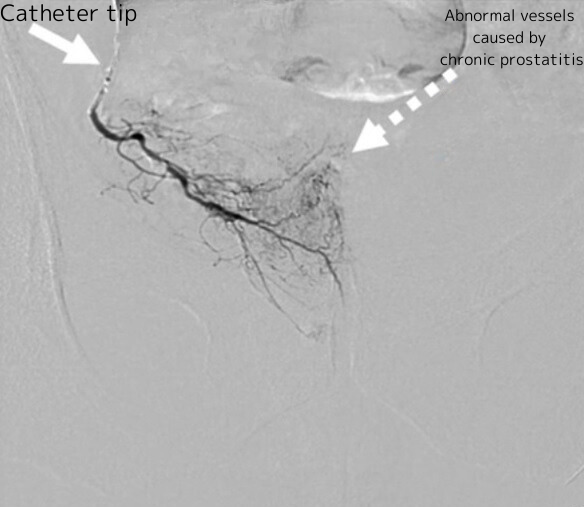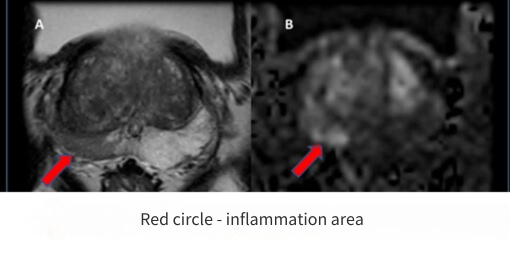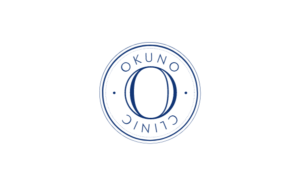Chronic prostatitis (Male / 40‘s)
Testimonials
Chronic prostatitis (Male / 40‘s)
Symptoms before treatment
Many people believe that prostatitis is an untreatable condition due to its unknown causes, leaving them with no choice but to give up. Persistent discomfort and pain around the genitals, urinary tract, and anus leave many suffering without an apparent solution.
However, some cases of idiopathic prostatitis involve microscopic inflammation in the prostate that cannot be detected through standard tests. Reducing this inflammation with specialized treatments can lead to dramatic improvement in symptoms for some patients.
This case we want to introduce involves a man in his 40s who had been experiencing pain and discomfort from prostatitis for four years.
One day, he suddenly felt a cold sensation in his bladder, which was followed by a persistent sense of residual urine, pain, and a feeling that urination and ejaculation were not proceeding as expected. Over time, he also developed a sensation of a foreign object around the anus, lower back pain, lower abdominal pain, and numbness in the back of his thighs. Sitting on hard chairs for extended periods exacerbated his symptoms significantly.
Oral antibiotics were ineffective, and after visiting several other urologists, he was often told that prostatitis was incurable, or that it was caused by stress, without receiving proper examination. He tried various medications, including Chinese herbal medicine, alpha-blockers, Cernilton, and antidepressants, but none provided relief. He had almost given up when he heard from an acquaintance about a specialized pain clinic offering unique catheter treatments. This led him to visit Okuno Clinic.
Findings from our doctor
An MRI revealed a slight area of inflammation on the right side of the prostate. We considered this finding sufficient to cause the severe symptoms he was experiencing.
Upon further inquiry during the consultation, it was discovered that he had undergone surgery in the past and had a catheter inserted into his urethra during the procedure. He experienced discomfort in the genital area for some time after the surgery. Given that the MRI clearly identified the inflammation, it was considered that the catheter insertion into the urethra triggered a microscopic inflammation. Additionally, prolonged desk work increased irritation to the area, leading to a chronic hypersensitive state.
He was initially worried that the catheter treatment might be painful, but we explained that the treatment does not involve touching the affected area at all and that the pain during the procedure would be minimal. With this understanding, he agreed to undergo the treatment.
We administered local anesthesia to the groin area and advanced a microcatheter through the blood vessels to reach the prostate. Angiography revealed an increase in abnormal blood vessels in the prostate, which were treated by injecting antibiotic particles into these vessels to complete the treatment.


After the treatment
During the first month after the treatment, he experienced almost no change in symptoms and began to feel discouraged, thinking that it hadn't worked. However, we had explained in advance that it could take time for the pain in the perineum and urinary tract to improve, so he continued to monitor his progress. About two months later, he began to notice significant changes. The discomfort around the anus completely disappeared, and he experienced fewer days with pain in the genitals, urethra, lower back, and lower abdomen. Most importantly, he no longer felt the intense pain and discomfort upon waking, and he was delighted to wake up feeling refreshed.
After another month, he reported that as long as he avoided sitting on hard surfaces, he experienced no pain in his daily life. Now, three years after the treatment, he has reported that he has had no recurrences and has been doing well.
For those who have not found relief from various treatments and have given up, please be aware that there is a same-day treatment option with endovascular catheter treatment.
